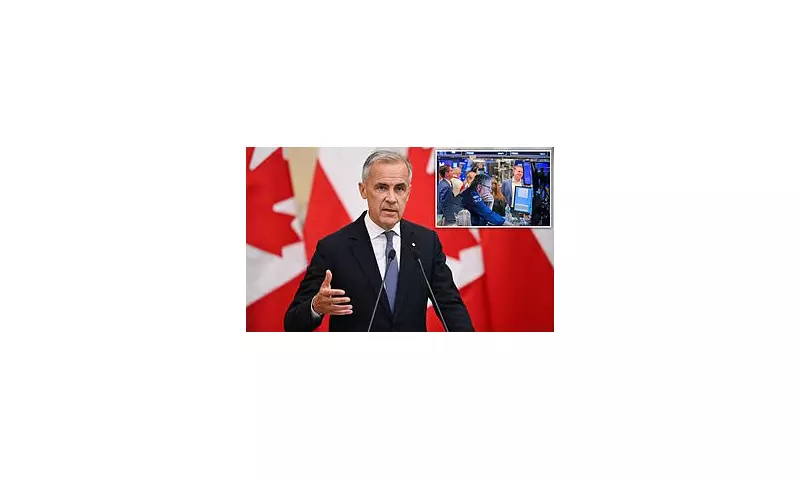
In a bold move that has sent shockwaves through the global financial community, Canada has declared economic war on Wall Street. The Trudeau government has unveiled a sweeping package of retaliatory tariffs worth C$3.6 billion, taking direct aim at the heart of American finance and industry.
The dramatic escalation comes as a direct response to the Trump administration's decision to reinstate punishing 10% tariffs on Canadian aluminium exports. Canadian Deputy Prime Minister Chrystia Freeland announced the countermeasures with stern resolve, framing them as a necessary and proportional response to what she termed "unjust" and "unacceptable" US actions.
A Calculated Strike on American Finance
The Canadian retaliation is notably strategic. Rather than a broadside, it's a surgical strike. The new tariffs specifically target aluminium products, washing machines, and golf clubs—goods predominantly manufactured in key political swing states. This calculated approach appears designed to maximise political pressure on the US administration.
However, the most significant warning shot is reserved for the financial sector. Ottawa has explicitly threatened to impose tariffs on a wide range of US services, with Wall Street investment banking and securities trading firmly in the crosshairs. This represents a potentially devastating escalation that could see the cost of cross-border financial services soar.
Market Jitters and Economic Fallout
The announcement has immediately rattled markets and business leaders on both sides of the border. Industry groups are sounding the alarm, warning that a tit-for-tat trade war could cripple the deeply integrated North American economy, hampering post-pandemic recovery efforts.
«This isn't just about aluminium anymore,» said one senior banking analyst. «The threat to service industries, particularly finance, opens up a dangerous new front. It could disrupt capital flows, increase borrowing costs, and create uncertainty that markets absolutely despise.»
A Relationship Under Strain
This confrontation marks a serious deterioration in US-Canada trade relations, which had already been tested by the recent renegotiation of NAFTA into the new USMCA agreement. Many had hoped the new deal would usher in a period of stability. Instead, the relationship is now facing its most severe test in years.
The world will be watching closely to see if the two neighbours can step back from the brink or if this latest skirmish will spiral into a full-blown transatlantic trade war with profound consequences for the global economy.





